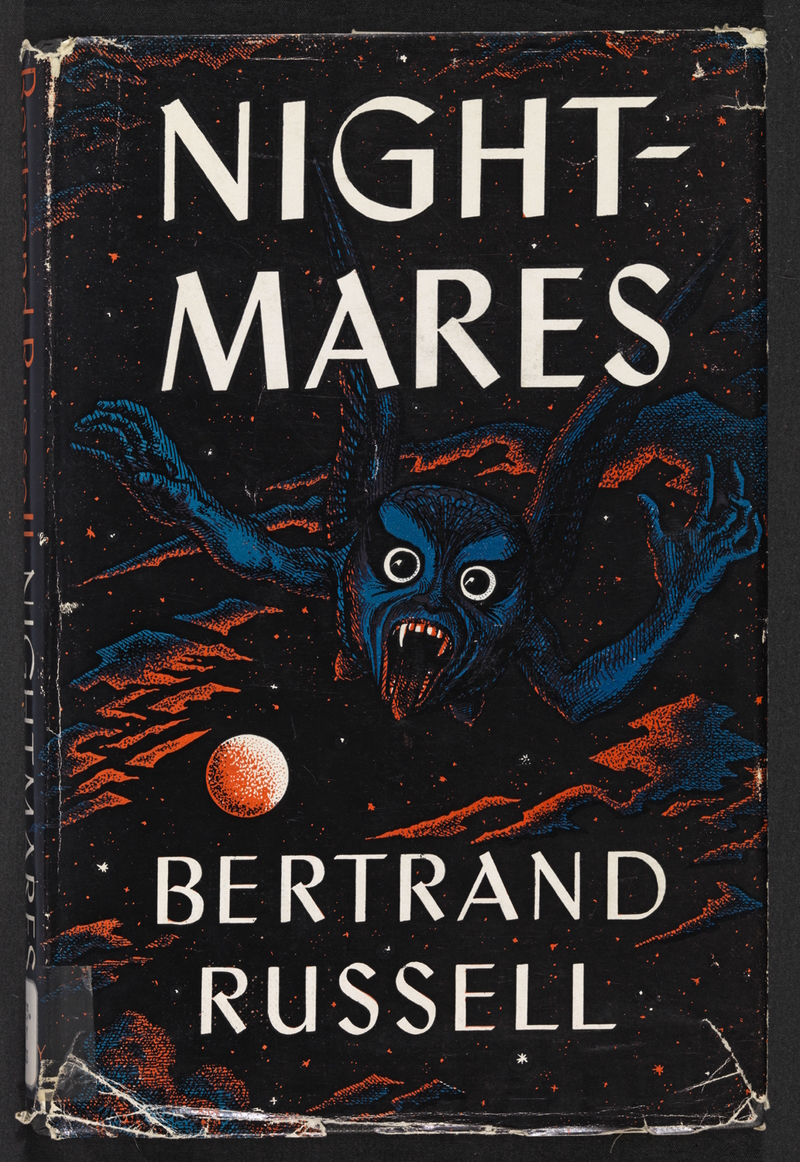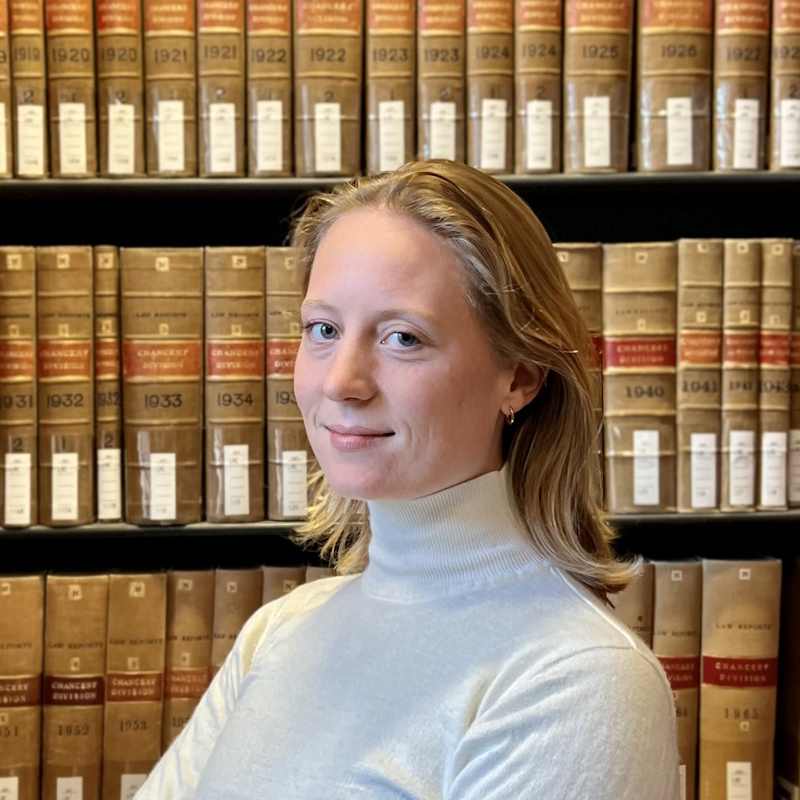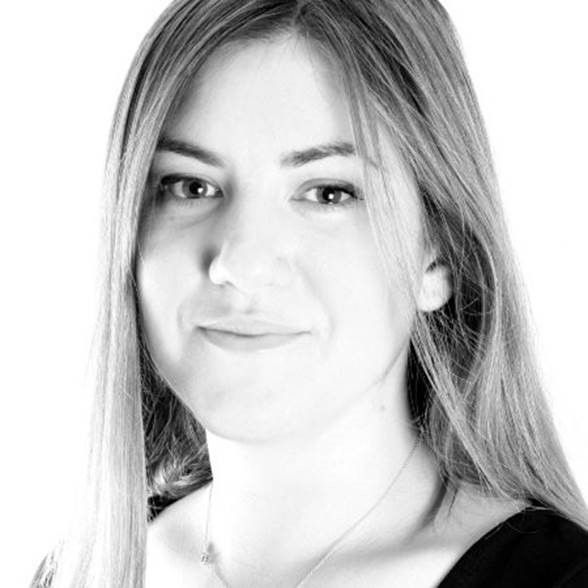Books by Bertrand Russell pop up in a variety of places in the collections of the Royal Society Library, as Rupert Baker explains.
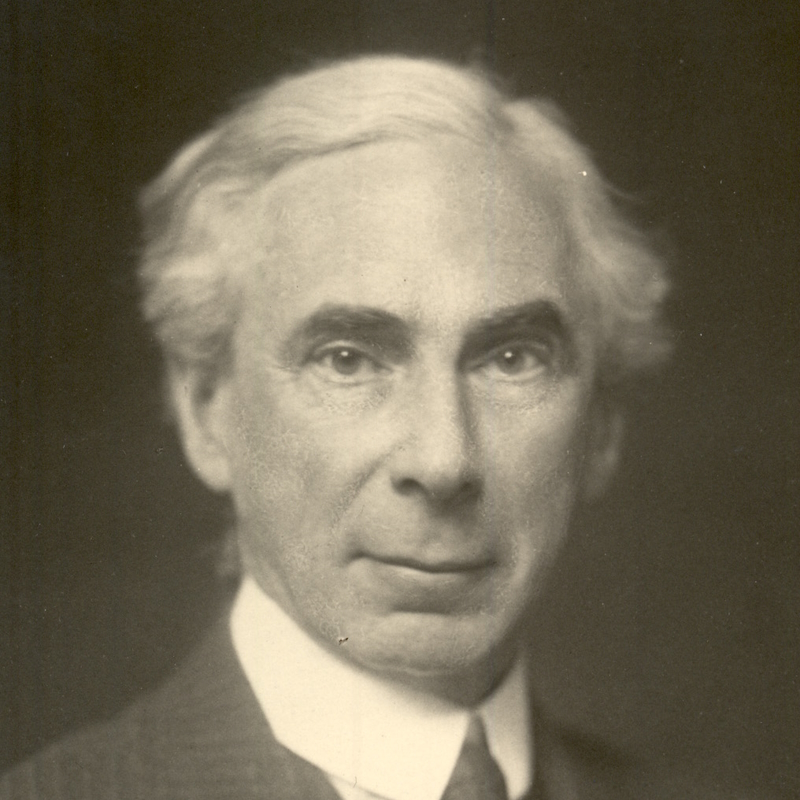
The arrangement of books in the Royal Society Library is very complicated. Some libraries just use a single classification system such as Dewey Decimal (DDC), but our collection – according to a spreadsheet which terrifies new Library staff on their first day at the information desk – has no fewer than 174 different classmarks.
We do use DDC for post-1949 books, but earlier works are classified into subject areas (Maths, Physics, Biology and so on), with separate shelving locations for the big books and the tiddlers, suffixes ‘-large’ and ‘-small’ respectively. Then there are the ‘very old’ books (Incunabula, Early FRS), the sections for individual Fellows (Newton, Cook, Brady), the ‘History of…’ shelves, the biographies… I could go on, but fear I already have.
I suppose one definition of a Royal Society polymath, then, would be the Fellow whose books can be found in the widest variety of places. I haven’t done a detailed survey on this, but there’s one person I think is a very strong contender: Bertrand Arthur William Russell FRS (1872–1970). Let’s look at his life story by seeing where he pops up on the Library shelves – a career in classmarks, if you like.
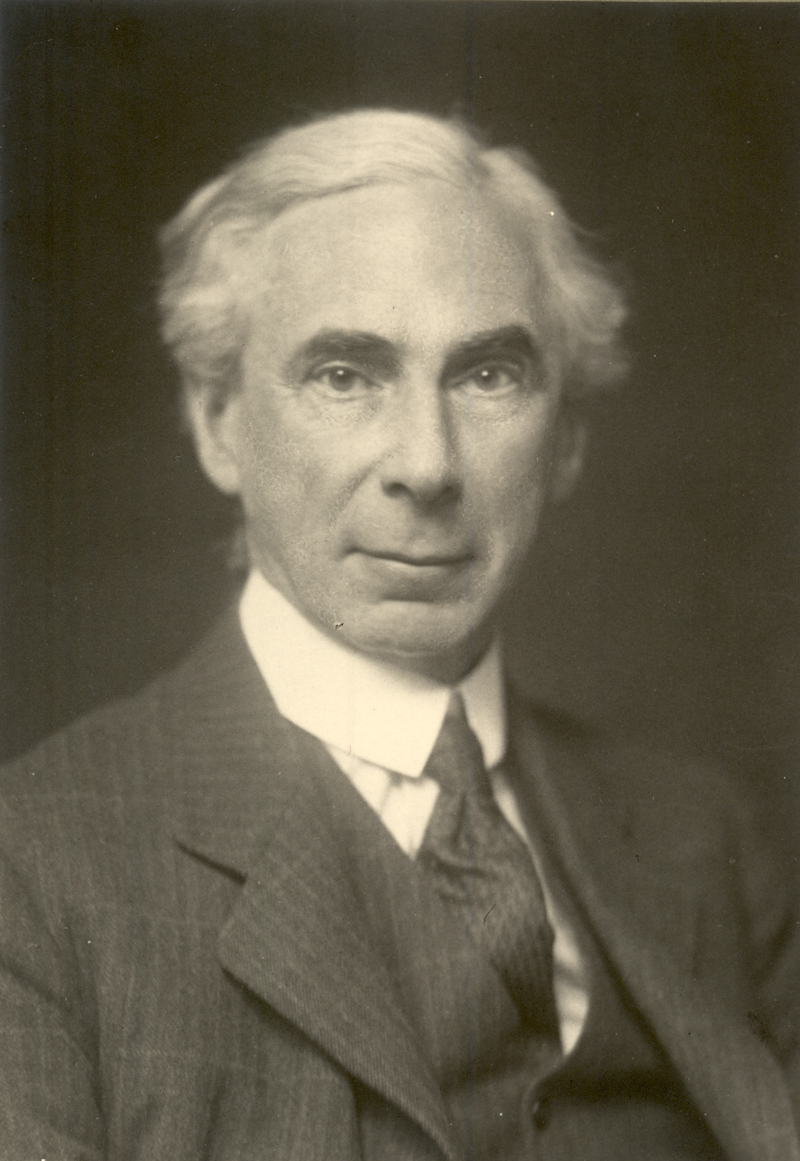 Bertrand Russell, by the London Stereoscopic Co, 1907 (IM/003928)
Bertrand Russell, by the London Stereoscopic Co, 1907 (IM/003928)
Born into a prominent aristocratic family – his paternal grandfather had twice been British Prime Minister – Bertrand Russell read mathematics at Cambridge from 1890, having been introduced to the work of Euclid (‘as dazzling as first love’) at the age of 11. Our earliest tome by Russell, dating to 1900 and found on the ‘Biography’ shelves, is his critical study of the German mathematician and philosopher Gottfried Wilhelm von Leibniz FRS.
This was followed ten years later by the book which made Russell’s reputation: the three-volume Principia Mathematica. This fundamental work in the development and popularisation of modern mathematical logic was co-authored with Alfred North Whitehead FRS, Russell’s former Cambridge tutor and the man who proposed him for election to the Fellowship of the Royal Society. Because of its hefty size, our copy is in the ‘Maths-large’ area of our high-security Book Room, rather than ‘Maths’ in our general shelving section; having seen the price that first edition copies command, this isn’t necessarily a bad thing.
Moving along to our ‘Travel’ shelves, there’s a title which at first sounds rather awkward: The problem of China (1922). However, on investigation, I found that Russell had spent a year in the country in the early 1920s lecturing on philosophy at the University of Peking (Beijing), and – according to this blurb for a new edition – the book ‘sees Russell rise above the prejudices of his era and presciently assess China's past, present and future’, predicting the country’s eventual resurgence.
With a young family to support, Russell then turned his hand to writing popular science books for the layperson, spanning a range of disciplines. We have, for example, The ABC of atoms (1923) on our ‘Physics’ shelves; Icarus; or, The future of science (1924) in ‘General Science’; the pocket-sized What I believe (1925) in ‘Philosophy-small’, and then back to ‘Physics’ for The ABC of relativity (1926).
A growing interest in education and in social and moral issues is reflected in Russell’s particularly strong showing on our ‘Soc. & Hist.’ (Society and History) shelves – eleven books in total, as you can see here:
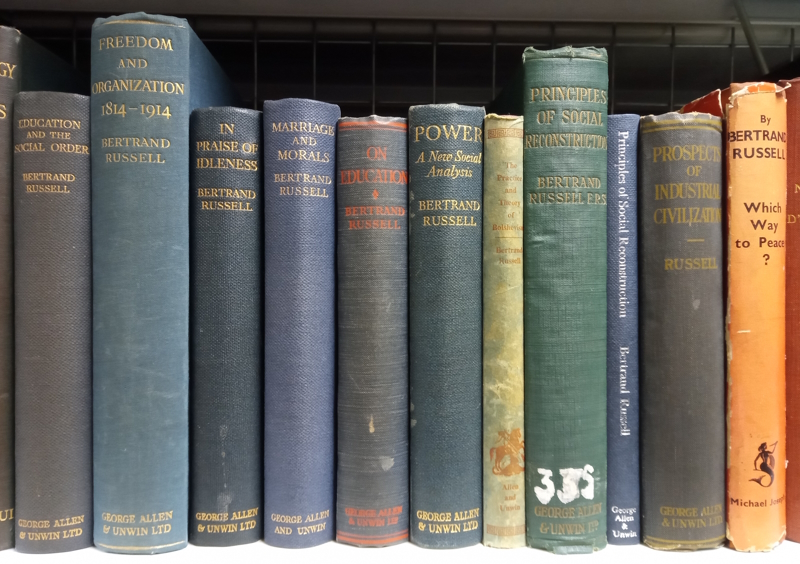
I’ll refrain from commenting on the proximity of In praise of idleness (1935) and Marriage and morals (1929), other than mentioning in passing that Russell was married four times, the first three ending in acrimony. On a much more serious note, Marriage and morals is regrettable nowadays for its chapter on the discredited topic of eugenics, albeit containing much less extreme views that those of Russell’s contemporaries, and opinions that he was to modify in later years.
Most of Russell’s 1940s output is shelved in our ‘Philosophy’ section, with titles such as An inquiry into meaning and truth (the record of his 1940 William James Lecture course at Harvard), Philosophy and politics (1947), and the bestselling History of Western philosophy (1946), which provided Russell with financial security for the rest of his life.
As previously noted, our book classification shifts to DDC in 1950 – the year Russell was awarded the Nobel Prize in Literature – and a couple of his works are located in our Dewey Room at 327 (International Relations): Common sense and nuclear warfare (1959) and Has man a future? (1961). This reflects his longstanding dialogue with humanitarianism, pacifism (Russell spent six months in Brixton Prison during World War I, and was back for a week in 1961 for a breach of the peace at an anti-nuclear demonstration in London) and the role of the individual in society.
Last, and definitely least, in the story of this fascinating if controversial figure, Russell ventured into the Dewey 820 area (English literature) late in life. In his ninth decade, a hitherto-hidden penchant for psychological horror tales manifested itself in the publication of Satan in the suburbs (1953) and Nightmares (1954). The title of one story in the latter, ‘The mathematician’s nightmare’, perhaps harks back to Russell’s early career. The dust jacket to Nightmares is one of my favourites on our shelves, and I’ve attached a concluding picture below, with a trigger warning for mild scariness. Don’t have nightmares!
